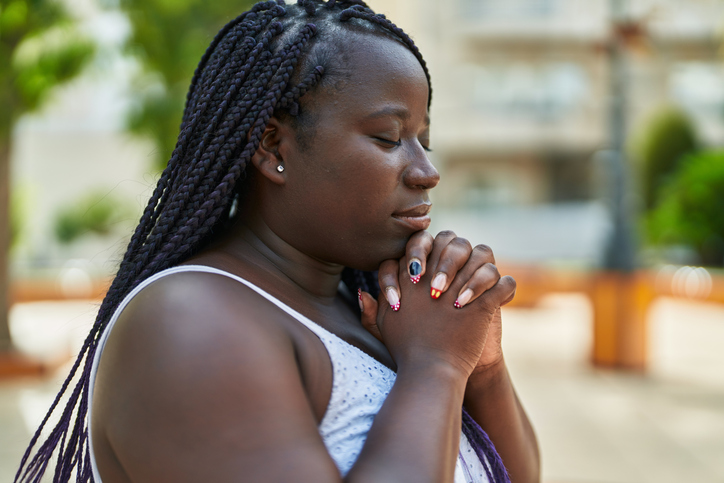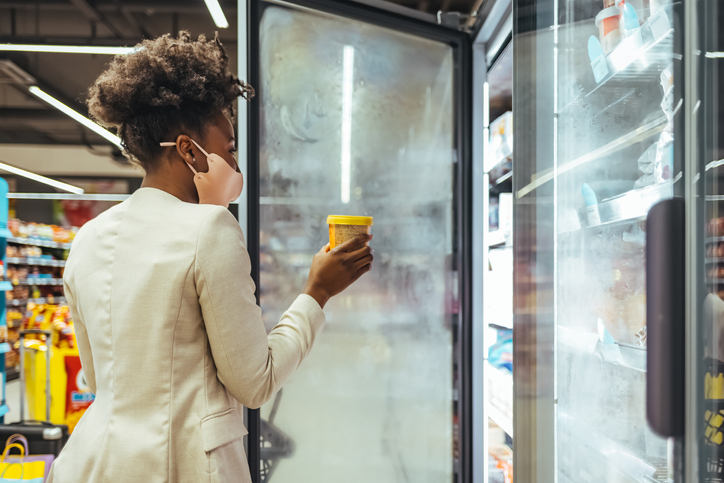
Source: AaronAmat / Getty
California recently announced the formation of a reparations task force, says Cal Matters. The force is dedicated to calculating how taxpayers and government agencies can try to pay Black Americans funds that will somehow help Black people overcome decades of discrimination and oppression. Some argue there is no monetary sum in the world that could possibly undo the injustices experienced by the Black community. But that doesn’t mean the reparations task force isn’t a critical and essential step in the right direction.
These discussions come at an interesting time, with Human Rights Consciousness Week upon us. The definition of human rights is in the name – or at least it should be. Human beings should all – regardless of race, ethnicity, sexuality or other characteristics – have access to certain rights because they are human. But we all know that not all humans do, and that Black people in America still do not enjoy access to certain rights that much of the country so casually and freely experience every day.
A survey by Pew Research found that 4 out of 10 Americans believe that the United States still has plenty of work to do in terms of achieving equal rights for Black people. Human Rights Consciousness Week is a perfect moment to look at some of the heartbreaking statistics about human rights Black people still struggle to see.
Access To Healthy Food

Source: ljubaphoto / Getty
A healthy diet is one of the pillars of good health. Meanwhile, Black Americans face dietary-related chronic illness including diabetes and high cholesterol at staggeringly higher numbers than other groups. By no coincidence, Black people do not have the same access to affordable nutritious foods that others do.
The majority of food deserts – which are defined as urban areas where it is difficult or impossible to find affordable healthy foods – exist in primarily Black neighborhoods, according to Feeding America. Government agencies are doing little to address this, and more grass roots organizations like this one covered by MADAMENOIRE are having to fill the gap. However, an integral part of having equal rights to something is having government and official authorities recognize the issue and treat it with urgency. When it comes to giving Black people better access to nutritious, affordable foods, that is simply not happening for now.









